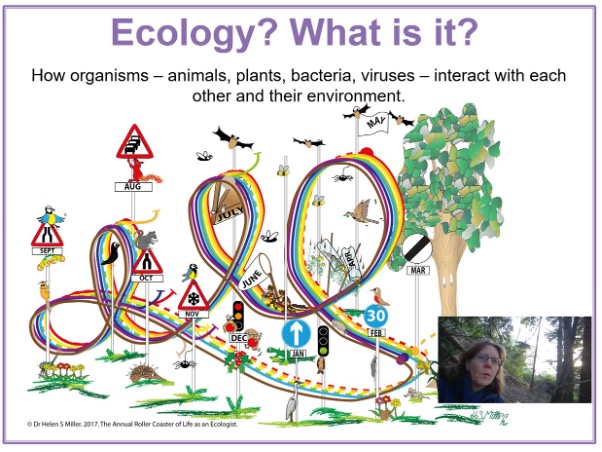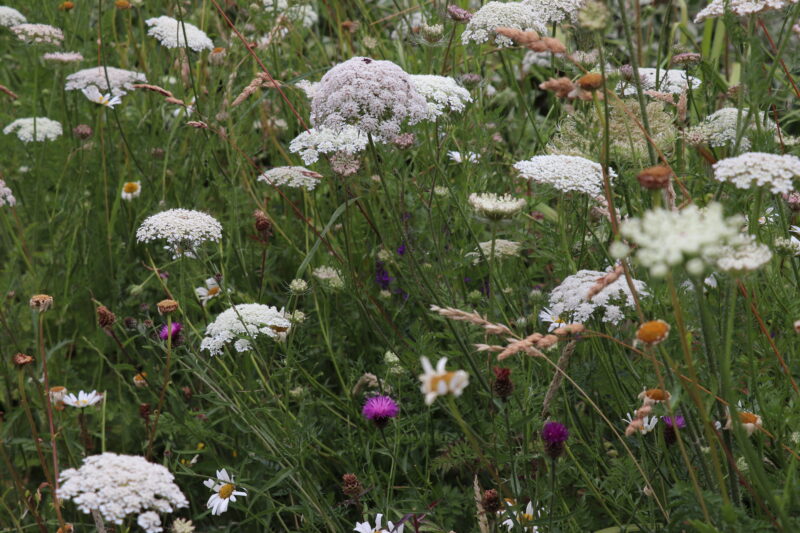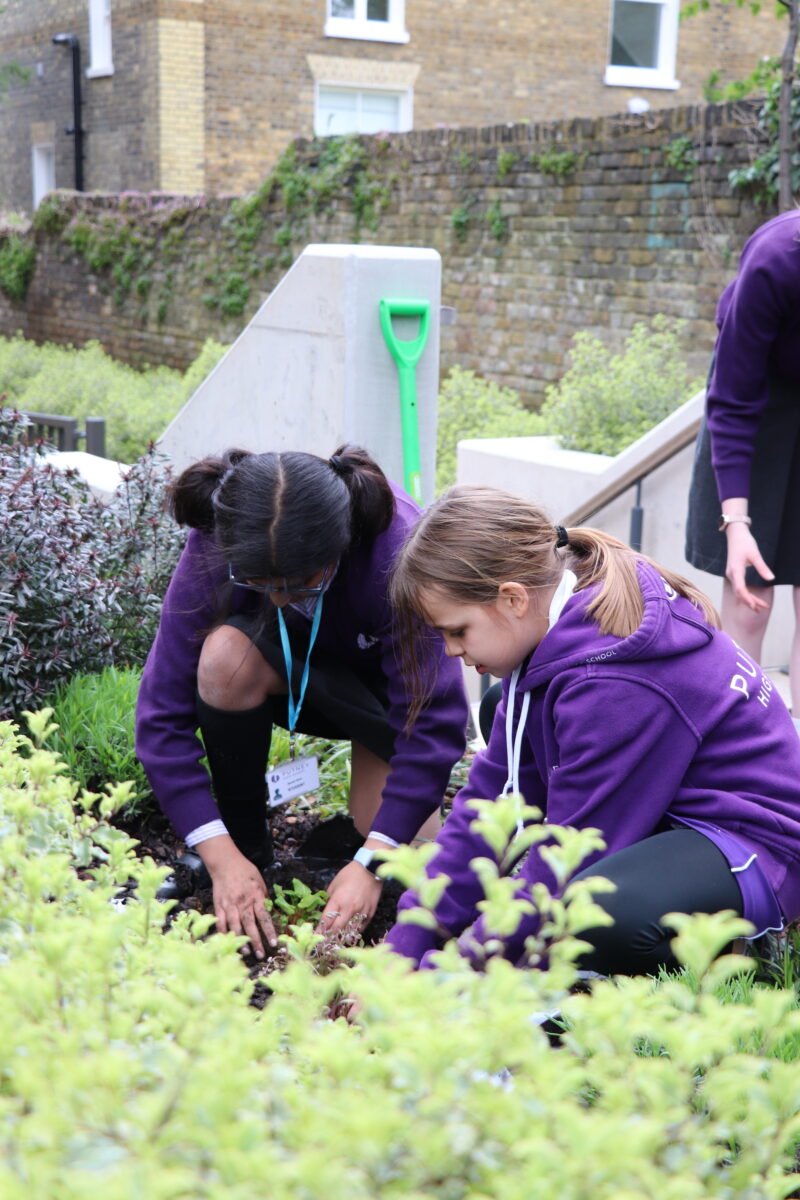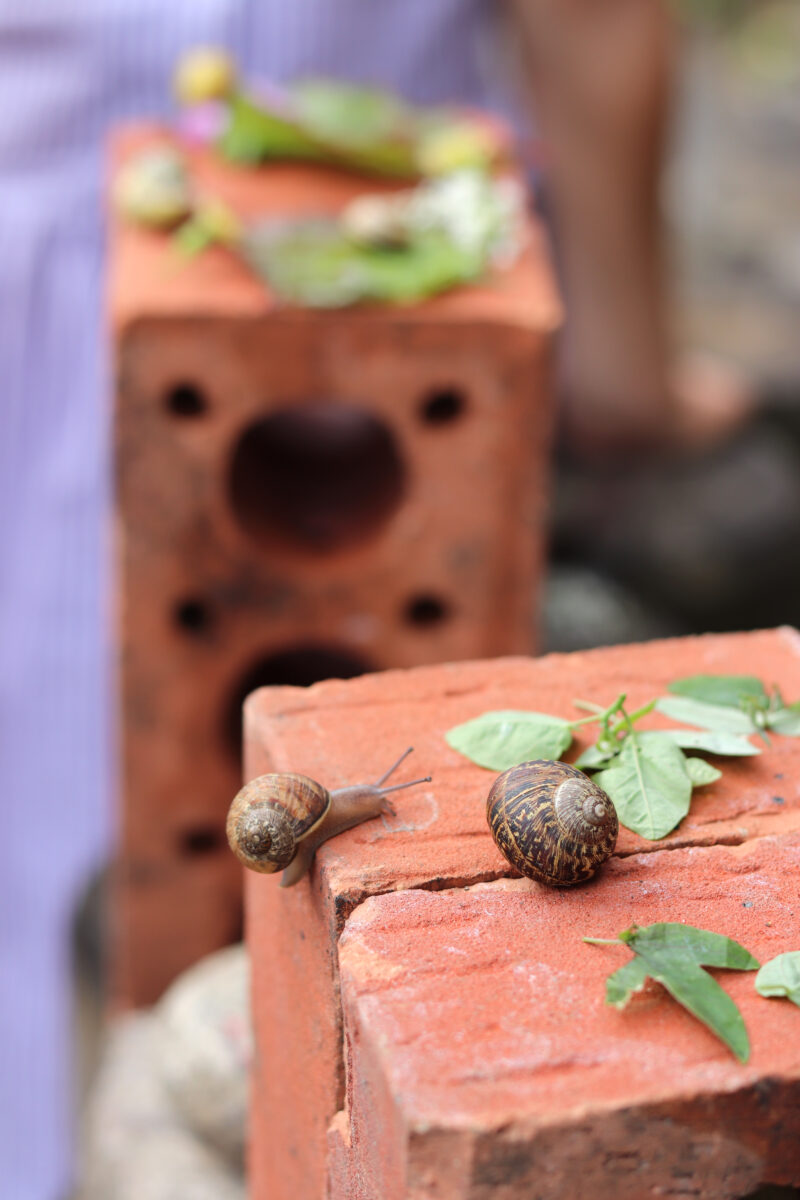What is coming up?
Bat night in September. Our bat detectors have shown us that there are bats on site so as the days shorten and the evenings draw in, we look forward to students having the opportunity to observe them.
An automated weather station is hopefully going to be purchased once technical considerations have been resolved. This will connect with our phenology project and enable biological data to be linked to seasonal weather conditions.
How can these things be embedded for the future once your residency is over?
I have compiled resources and lesson plans along with web links to reputable organisations that have curriculum related resources, live webcams of a suite of different animals and habitats, data from real ecological research, national citizen science projects … all of which can be used in a number of different lessons/subjects. I hope that this will be a valuable resource for teachers to use across different lessons to integrate ecological concepts and knowledge into everyday subjects for the whole school.
Although the Ecology Mini Challenges were largely date specific for 2023 they can be used again in future years as focal points for projects in other lessons.
The QR Coded Tree Trail has been designed to enable to students to research the trees and add information, pictures, stories or poetry (indeed anything they wish!) relating to the tree going forward.
The Ecology Notice Board has also been designed to encourage students to observe and record natural history within the school grounds and have a space to communicate their findings to their fellow students.
The Gardening Club are now taking ownership of our Phenology Project and it is hoped that the club members will continue to record things like first leaf burst, first flower etc. in years to come. Some of the trees are included within the QR Coded Tree Trail giving all students the opportunity to observe and record the changing seasons.
Over time the school will have its own long-term weather and biological set which can be used for studying the climate and seasons.
The Biodiversity Challenge Gardens will continue to thrive and develop over the years and provide focal points for biodiversity recording and monitoring. Both topics are covered by the curriculum in both junior and senior school lessons.




